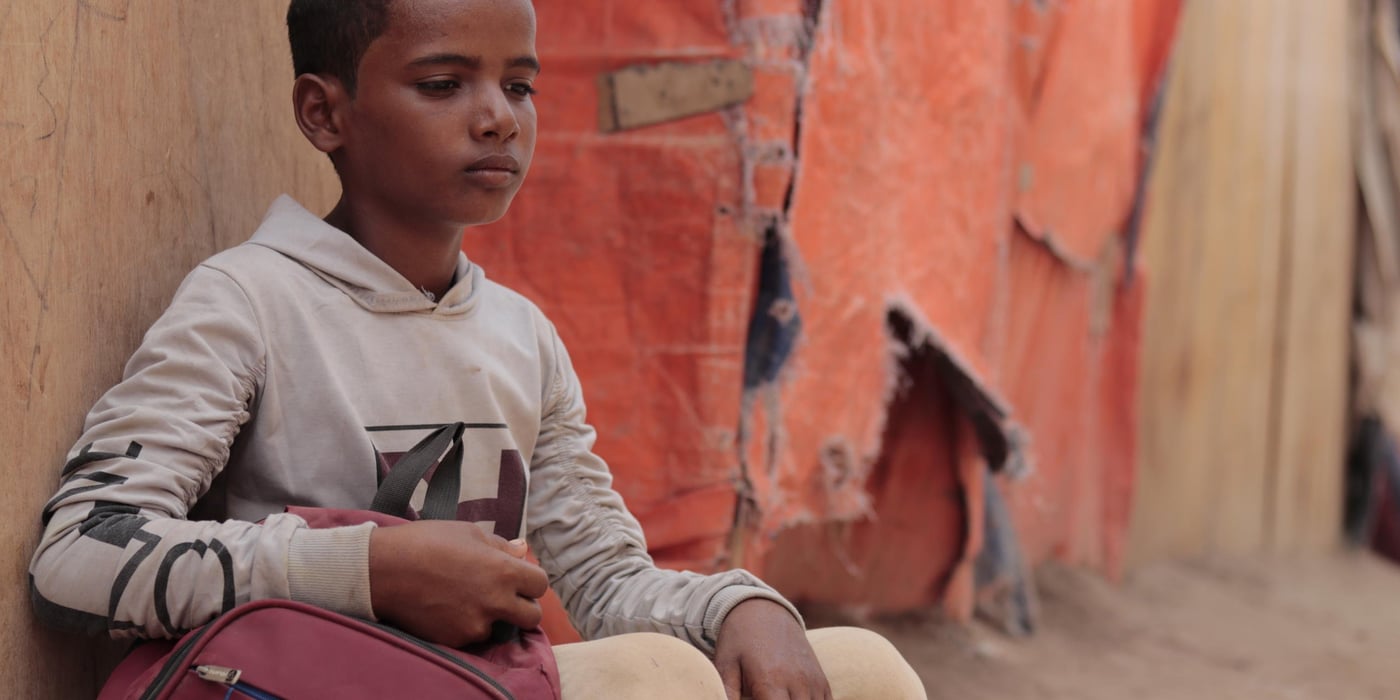
Research conducted by the Norwegian Refugee Council in Syria, Yemen, Iraq and Jordan found 88 per cent of displaced and refugee children stressed by coronavirus, of whom 75 per cent were afraid of catching the disease. Fear of someone they love getting the virus stood at 48 per cent. Displaced children in Yemen reported the highest figure of increase in stress levels compared to the pre-pandemic levels, with a rise of 65 per cent.
“The research we’re presenting today shows how children who have already been through extremely distressing episodes, fleeing war and persecution and seeing relatives killed, are now going through another traumatic episode that, unless tackled, can lead to serious long-term mental and physical illnesses,” said NRC’s Regional Psychosocial Support Adviser Camilla Lodi.
Repeated and prolonged exposure to high levels of stress can be particularly detrimental to children. Evidence suggests that sustained high levels of stress, also known as chronic or toxic stress, can disrupt the development of major organs and lead to stress-related diseases and cognitive impairment.
“I feel stressed all the time and it makes my head hurt; we are trapped in a prison with the virus,” said 12-year-old Shaher, a Syrian refugee living in Jordan’s Zaatari Camp.
The pandemic is also forcing most children to look after younger siblings, taking on adult responsibilities that are denying them of their childhood. When asked how they were spending their time, the highest number of children, at 42 per cent, said they were looking after their brothers and sisters. With many displaced families living in one-room homes, caravans or tents, this is leading to even further stress for many children.
“When I get stressed I just stay silent and numb,” said 15-year-old Salam, displaced from Sinjar, Iraq by the Islamic State group. “It’s hard because all of us are at home all the time. I have two sisters and two brothers. Often we argue and get mad at each other.”
Professor Jon-Håkon Schultz, an educational psychologist and expert in children’s trauma psychology from the Arctic University of Norway, said: “Children who have previously experienced traumatic events are more vulnerable to new stress. The new Covid situation can resemble the previous traumatic experiences. It’s the feelings of threat to life, possible severe health issues and death and destruction. And these feelings are the same as they experienced during bombings; during the escape; during the war days. If we cannot get these children back to school, they will suffer for the rest of their lives.”
Despite the bleak picture, with the right mental health and psychosocial support, children can be helped to cope in these stressful times.
“Through our education and psychosocial programmes we see how support makes a drastic difference for affected displaced children,” Lodi said. “We need more donors to commit to longer-term funding for mental health support and further research so that we can reach more children forced to flee from conflict and help them cope with the new stress caused by the pandemic.”



